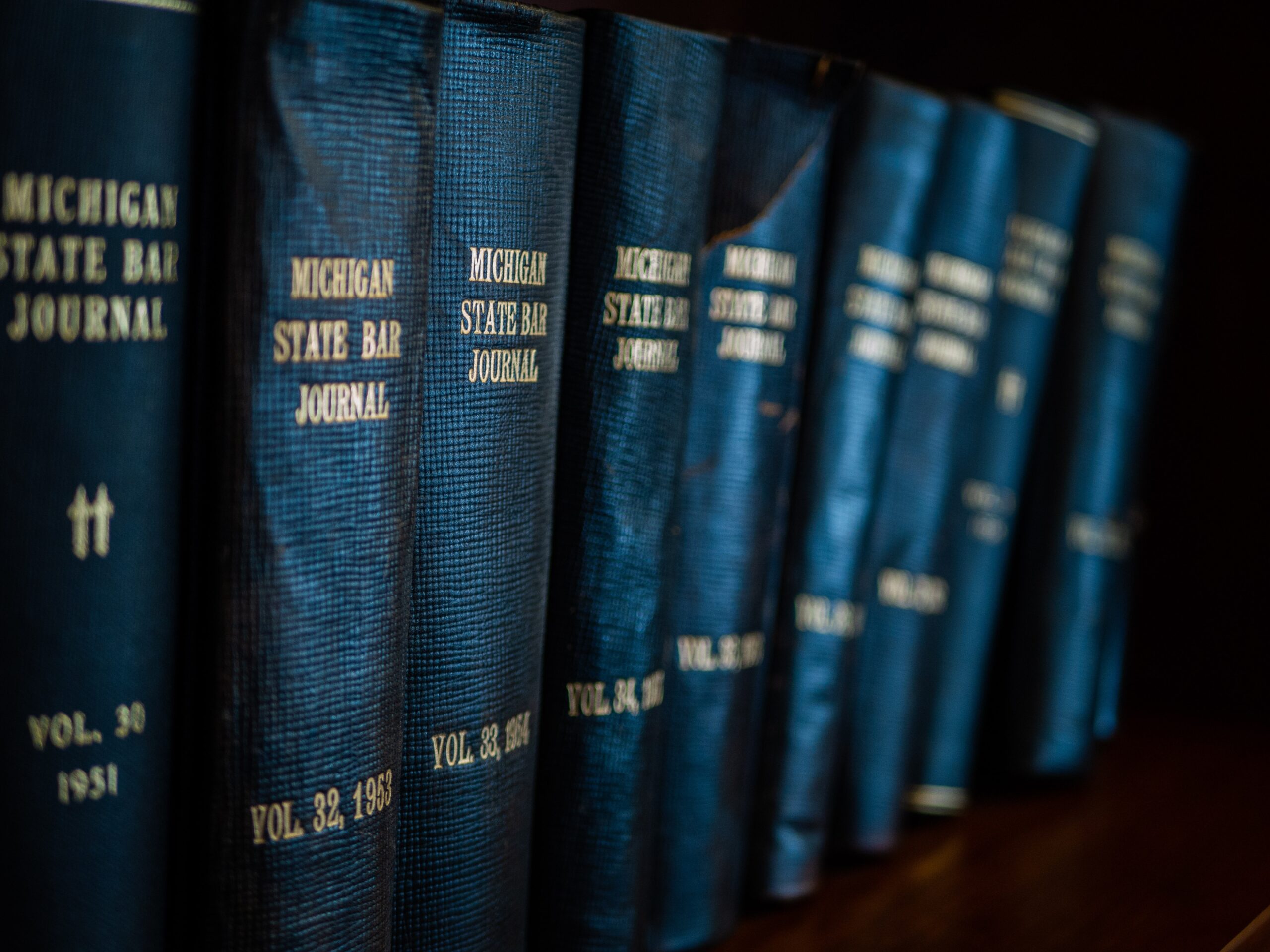A proposal to provide free public access to legal information through a federally managed web portal.
You cannot Google the law—the United States has essentially privatized access to much of written law. This privatization has created an infamous industry that drives up legal costs and prevents many citizens from accessing important legal information. We need a new federal agency dedicated to providing free legal information access, because public access to the law is critical to a functioning democracy.
Every court in the nation – from local courts to the United States Supreme Court – issues written decisions that comprise the “Common Law,” or the judicial interpretations that define our laws. Every decision issued by a court is public information, but there is no public central repository of all decisions. This means that there is no place a lawyer, defendant, journalist, or just an interested citizen can go to research and find the law. Every state has its own system, but few provide a public web portal to search for and access all court decisions. The federal courts also restrict access to case decisions and pleadings by charging for access through the PACER system, the federal system for filing court documents. The PACER system charges $.10 per page returned in a search, adds up very fast.
Due to the institutional barriers to compiling and accessing court decisions and law, private companies have been able to successfully monetize legal information. There are two private companies that dominate the market for legal information: Westlaw and Lexis. These two companies have expended millions of dollars to identify, acquire, and upload to their web portals each case from every state and federal jurisdiction. These searchable web portals are accurate and comprehensive. Given the high labor costs needed to build and maintain the portals, these companies charge high rates to access this public information.[i] This barrier to entry into the market has allowed Westlaw and Lexis to dominate. As a result of this duopoly, Westlaw and Lexis generate billions of dollars in revenue annually. For many people, access to either database is simply too expensive, leaving legal information unobtainable.
A democratic government should ensure that its laws are freely accessible. One hundred years ago, access may have taken the form of a public law library, where any person could review volumes of books containing judicial decisions. Today, we have a system where only those with means have easy access to comprehensive legal information via private web portals while ordinary citizens are shut out.
To fix this broken system, Congress should create a new agency: the Legal Information Service. This agency would assemble all case information in the public domain and create and maintain a free, searchable online portal so anyone can access case law, statutes, and regulations. Such an agency would reduce legal costs and open legal information access to citizens and journalists as well as lawyers.
The federal government can provide this service for pennies on the dollar compared to what private companies must spend. Congress can mandate that all federal courts provide case information in a standard format to the Legal Information Service, thus diffusing the cost of collection and processing. Congress can also create incentives for state court participation by offering them a unified case management system and absorbing some of the IT costs. While there may be significant up-front costs to design the web interface and assemble and upload all prior case information, the annual costs of maintenance and retrieving case information will be minimal because the federal government can rely on court administrative staff to upload new cases into a central database as part of the their regular duties, rather than pay workers to retrieve cases from each court. To fit into the federal system, the Legal Information Service could be incorporated into the Library of Congress, the largest library in the world, which collects and preserves information for the benefit of all Americans.
There are companies currently seeking to break the hold Westlaw and Lexis maintain on legal information. Companies such as Casetext and Fastcase attempt to offer alternative web portals at more affordable prices and use new technology such as artificial intelligence or crowdsourcing to scan and upload court decisions. Similarly, some non-profit entities, such as the Cornell Legal Information Institute, have made significant legal information available to the public for free. However, only Lexis and Westlaw provide the comprehensive, searchable database of all case law needed to understand and practice law.
Though bipartisanship is harder to come by in the 116th Congress, public access to legal information is an issue that benefits everyone, regardless of party affiliation or socioeconomic status. Large corporations that spend hundreds of thousands of dollars every year in legal research fees will suddenly have virtually no cost passed onto them. Solo-practitioner attorneys can conduct lengthy and often necessary research for their clients without concern about whether their client can afford that research. Citizens and journalists will have complete and free access to the decisions of their courts.
A Legal Information Service strengthens both faith in our democracy and democracy itself. Congress should take up this proposal and create a new, cost-efficient agency that ensures all people have access to the laws of the United States. While tech start-up and non-profit competition may help reduce the affordability gap between what new companies and the two industry behemoths can offer, a government agency provides significant advantages over a private enterprise – free public access, comprehensive information, and the reliability of official government records. The Legal Information Service would provide public access to legal information as a matter of right as well as need.
[i] These services often negotiate the rates with customers. However, rates can range from a few hundred dollars a month for a solo practitioner or small law firm to tens of thousands of dollars a month for a large law firm, company, or government agency.
Edited by Jaylia Yan
